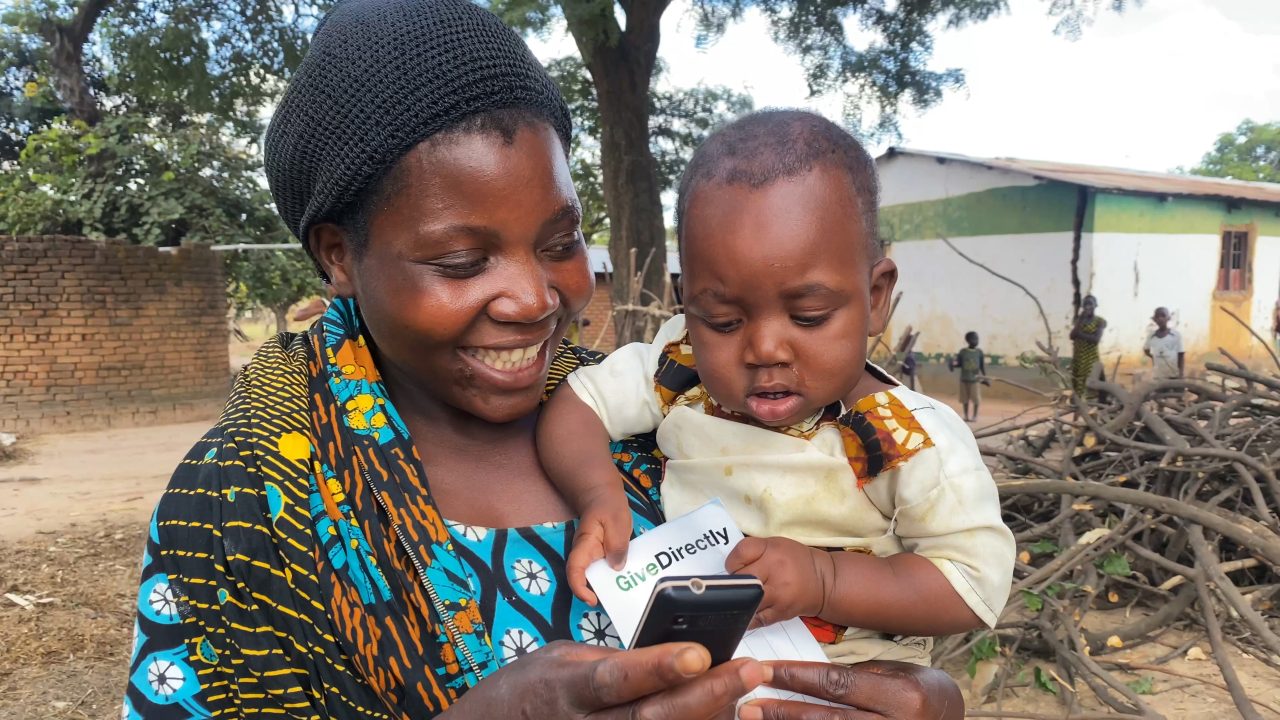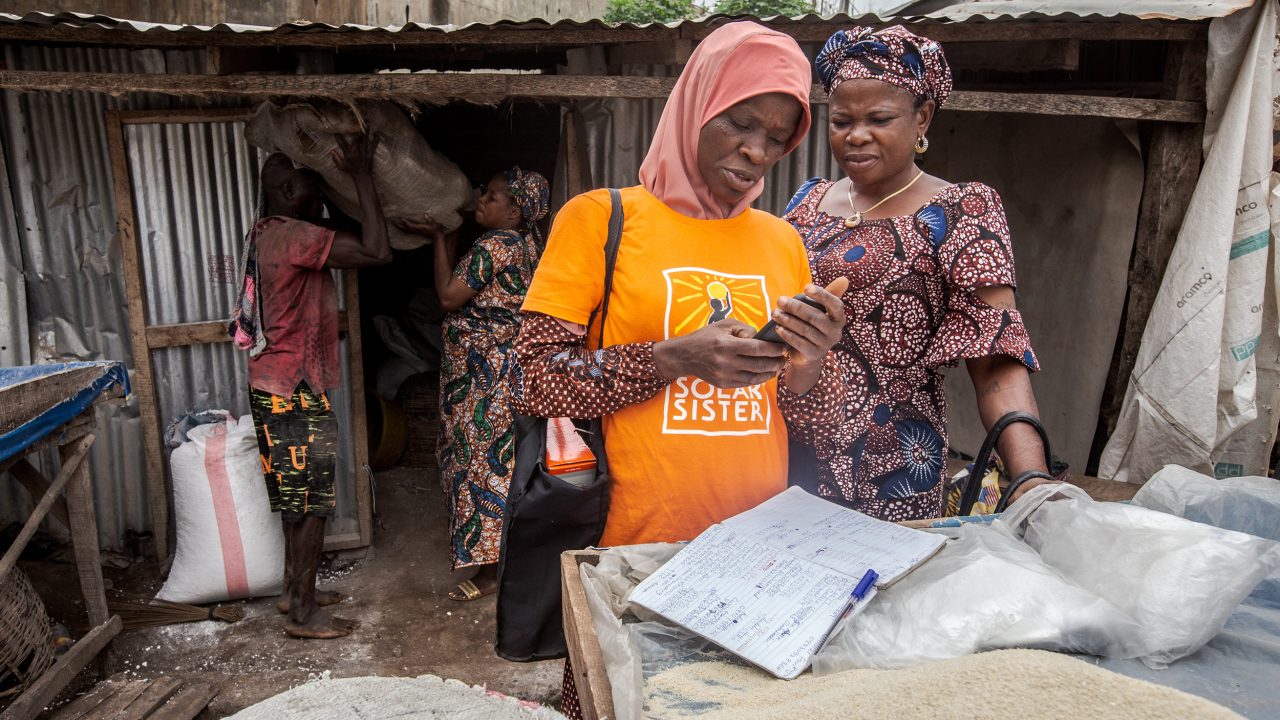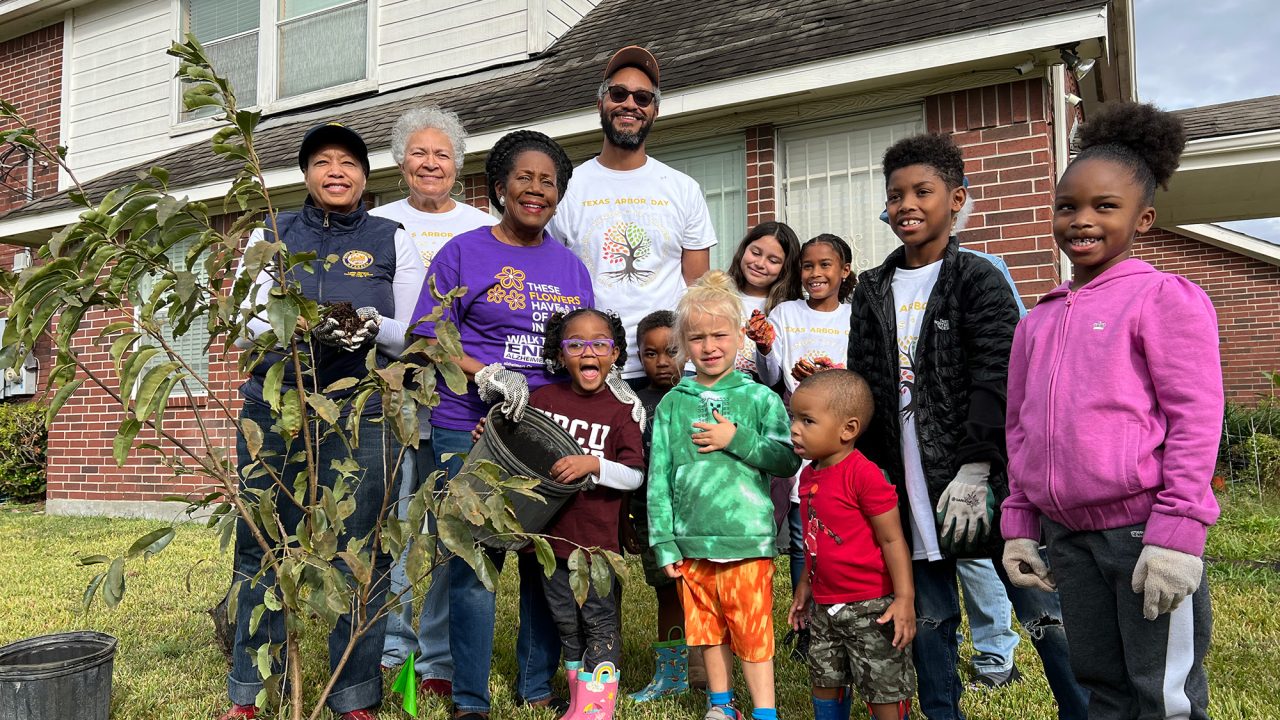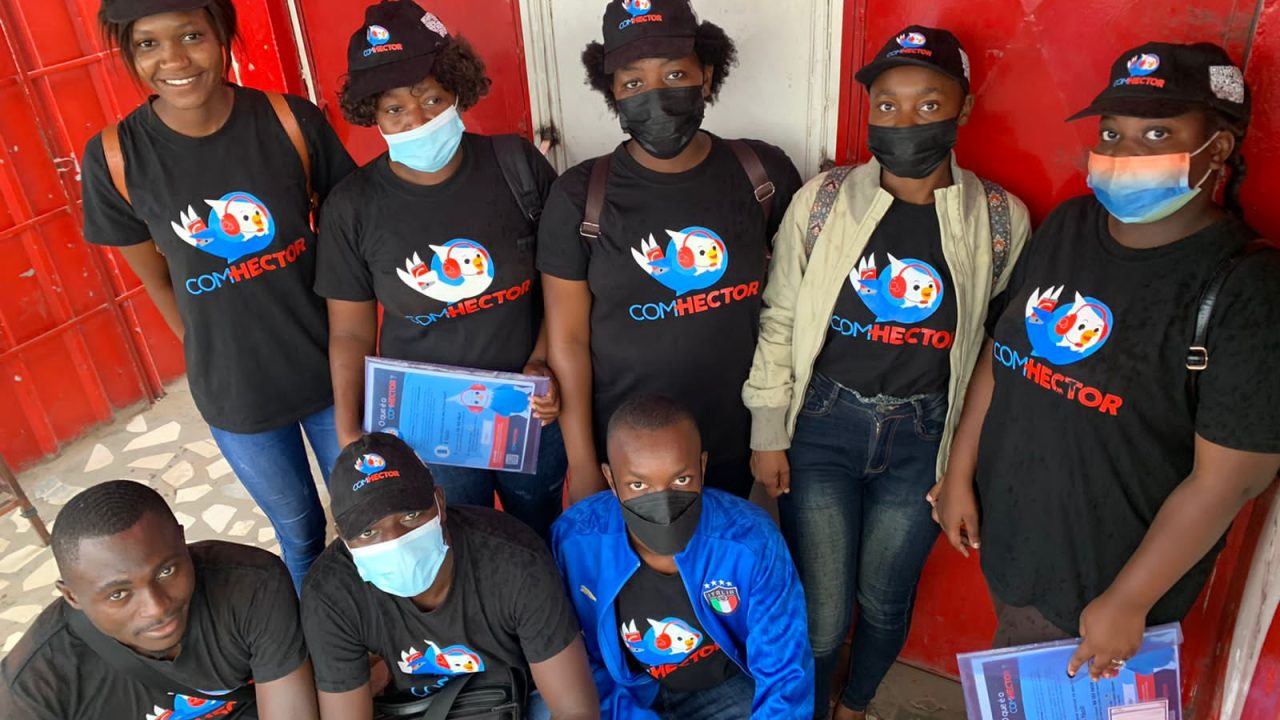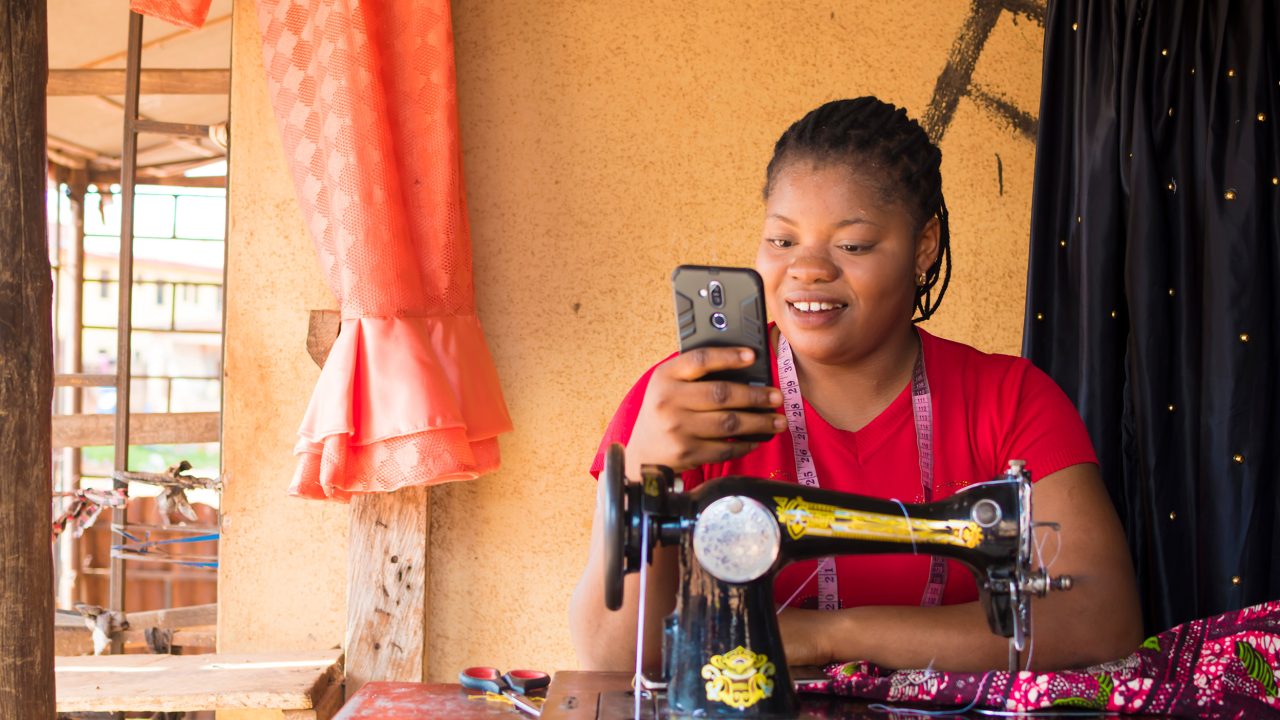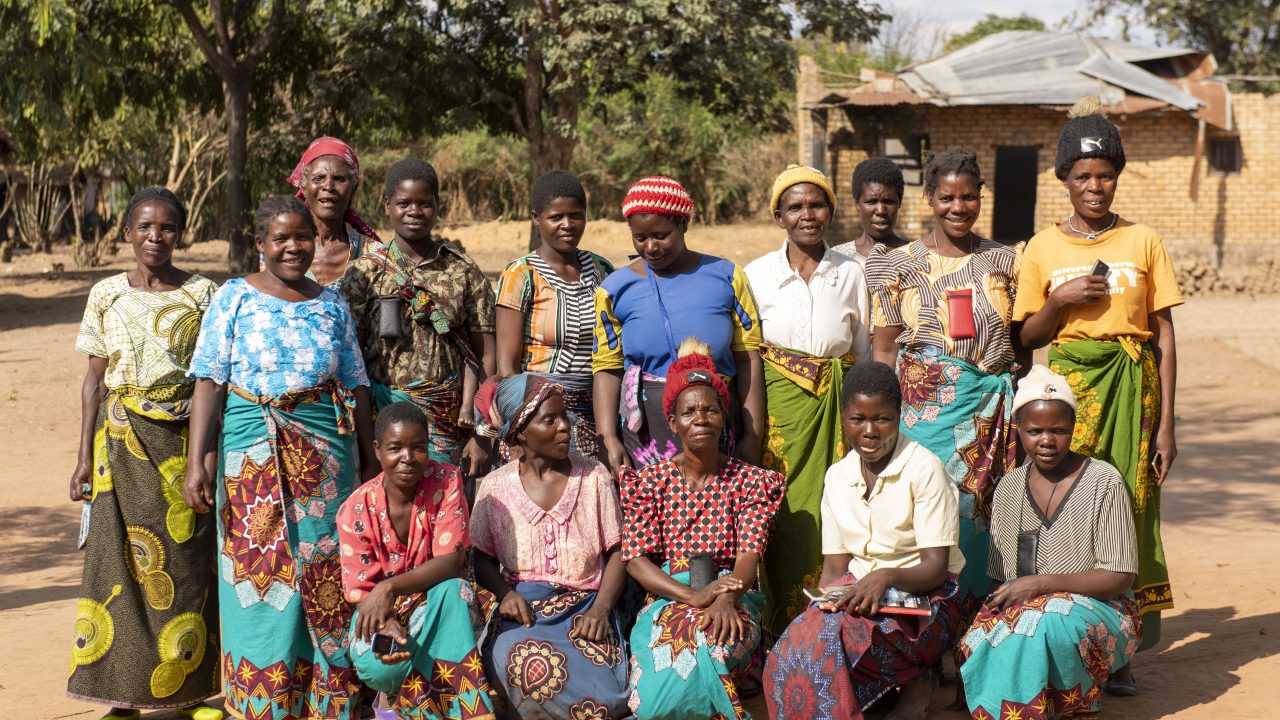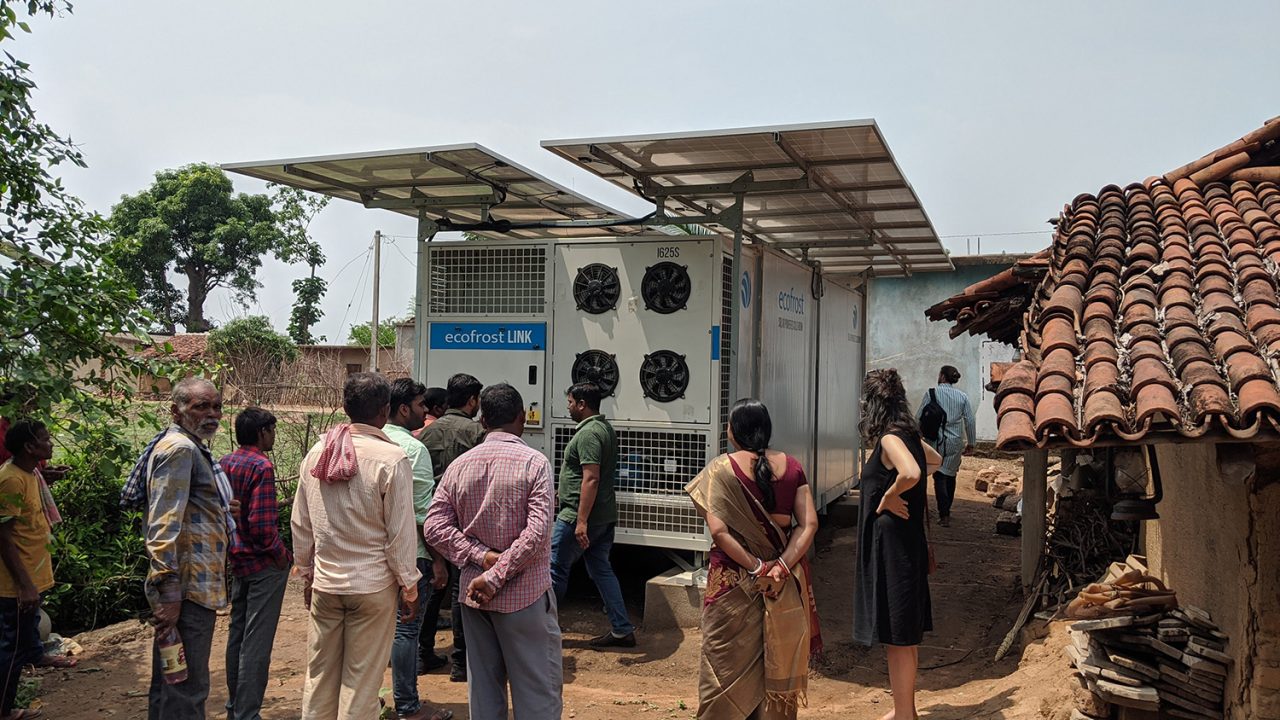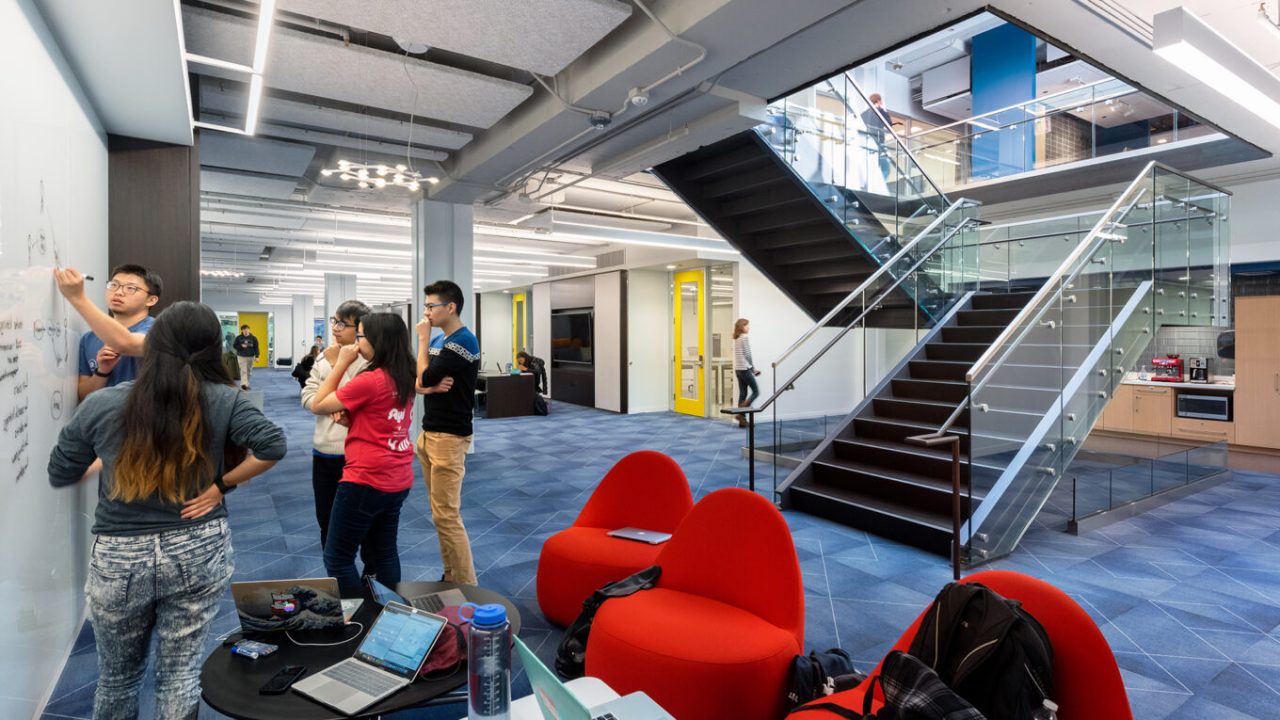When we launched data.org in January 2020, we were a small organization with big ambitions: build the field of data for social impact. While data was already essential for doing business in the private sector, it was not being used at the same pace to solve thorny social impact problems.
Our opportunity seemed obvious: demonstrate what’s possible, create space to bring organizations together and make the case for greater investment in data for good.
We were a new organization testing a different approach. Would anyone notice?
In May 2020, as one of our first major initiatives and in response to the incredible challenges of a global pandemic, we launched the $10 million Inclusive Growth and Recovery Challenge. The goal? Help individuals and communities rebound from the economic uncertainty created by COVID-19. We wanted to support breakthrough innovations that could scale and replicate.
The achievements of our Challenge awardees remind me of the enormous potential of data to solve intractable problems. And what’s more — they remind me that no one can tackle these challenges alone.
Lindsey Gottschalk Vice President of Strategy and Partnerships data.org
From Idea to Innovation: Awardees Illustrate the Power of Data for Social Impact
More than 1,260 applications later, we were wading through a pile of ideas for how to apply data science to problems that were only growing more urgent. From tiny social enterprises to massive international NGOs, we read about how people would use data science for the first time or expand existing efforts if given the proper resources.
At the same time, we had an outpouring of support from across sectors to aid our effort — from expert judges who helped evaluate proposals to organizations that offered technical assistance for awardees.
Our ambitions for data.org were starting to materialize — we had strong ideas to choose from and an emerging community taking shape around us.
It wasn’t easy, but we identified nine diverse organizations with some of the most promising ideas we’d come across. Over the past two years, it’s been thrilling to watch and support these awardees as they brought their projects to life.
Scaling Impact: Collaboration and Partnerships Provide Capacity to Accelerate Solutions
The achievements of our Challenge awardees remind me of the enormous potential of data to solve intractable problems. And what’s more — they remind me that no one can tackle these challenges alone.
I truly was amazed at how the Challenge illustrated just how powerful partnerships can be and how we must do a better job prioritizing cross-sector collaboration.
Take the University of Chicago for example. Local partnerships have been essential for gaining insights about individual households in order to achieve equitable internet delivery, while ongoing engagement with state broadband offices and federal agencies is ensuring that this work informs the national conversation around public investment in broadband infrastructure and digital equity in the United States.
Or GiveDirectly, which has revolutionized how aid is delivered. This would not be possible without navigating a complex web of partnerships with governments and private sector entities and establishing trust among end beneficiaries in order to reach those that need aid the most, faster and more effectively.
Further, several organizations used the opportunity of their Challenge partnerships to train people throughout the organization — not just those in data roles — strengthening their overall organizational data culture.
For example, the Solar Sister leadership team was trained to use the project’s data dashboard, which will be critical as they make data-driven decisions about where to expand operations.
As part of their technical support for D4WN, Data Elevates trained Fundación Capital and UX to independently manage the platform at the close of the project. Beyond hard skills, teams were trained in data decision-making, data ethics, and principles of data visualization.
Beyond strengthening existing capacity, many awardees grew their data maturity so significantly during the Challenge — thanks in large part to their partnerships with technical experts — that they recognized the need to add permanent in-house data roles to support the sustainability of their data strategies and increase the potential for future innovation.
Watching these projects unfold over the past three years furthered our understanding of how essential partnerships are to implementing proposed solutions. And we continue to witness the lasting impact of those partnerships for building capacity across different skill sets.
Beyond the Challenge: Lessons Learned Can Be Applied to the Emerging DSI Sector
The competition for data talent is fierce and the supply does not match the demand. Many organizations experienced this firsthand as they tried to hire new roles, often getting creative to keep projects moving in the absence of in-house talent.
data.org is vocal about the opportunity — and urgency — to build the purpose-driven data practitioner workforce. Building this talent pool will take time, so we must stay creative about what we can do now while working towards a more robust sector.
We also observed that organizations are investing in responsible data practices as they balance how to do the most good while reducing potential harms — especially those working in areas where lives and livelihoods are on the line. Some have even established ethics committees to formalize decision-making around gray areas. Still, there are opportunities to learn how to do better together as a sector.
data.org is committed to promoting open source through licenses that make tools and source code freely available when possible and the publication of project outputs like reports and toolkits. Many awardees agreed with this in principle, but a learning curve remains, especially when it comes to navigating nuances of software licenses, platforms to use, and the communication package that will aid the wider community in finding and using project outputs.
Spending time with each of these organizations individually and as a cohort over the past two years, I was struck by these common pain points — points that illustrate that we are all still learning together as we advance our work in data for social impact. Our recently released Accelerate report outlines the work we still need to tackle to achieve systems change.
Building a Field: It’s Time to Harness Collaboration, Innovative Thinking, and a Willingness to Share
When we launched data.org and the Inclusive Growth and Recovery Challenge, we were hopeful but unsure of what we would find. Nearly three years later, we continue to be amazed by the people and organizations we have met. They are driving impact and demonstrating what’s possible within this growing field.
We are especially proud of the work of these nine awardees, who collectively have launched over 20 new products, raised $30.8M in direct follow-on funding, and expanded into several new geographies within just two years. I am grateful for the openness shown by the awardees in letting us peek under the hood to better understand the challenges they faced as well as the secrets to their success.
As a team, we will continue to highlight organizations and projects that show what’s possible and we will deliver on efforts to address persistent challenges, like building a workforce and digital public goods that provide critical infrastructure for this emerging sector.
But we can’t do it alone.
If this Challenge highlights anything, it’s that working together—harnessing collaboration, innovative thinking, and willingness to share—is truly the only way to accelerate our aspirations to build a thriving field of data for good.
About the Author
As Vice President of Strategy and Partnerships, Lindsey Gottschalk works at the intersection of strategy and operations to strengthen the collaboration among partners and scope and implement new initiatives.
Read more